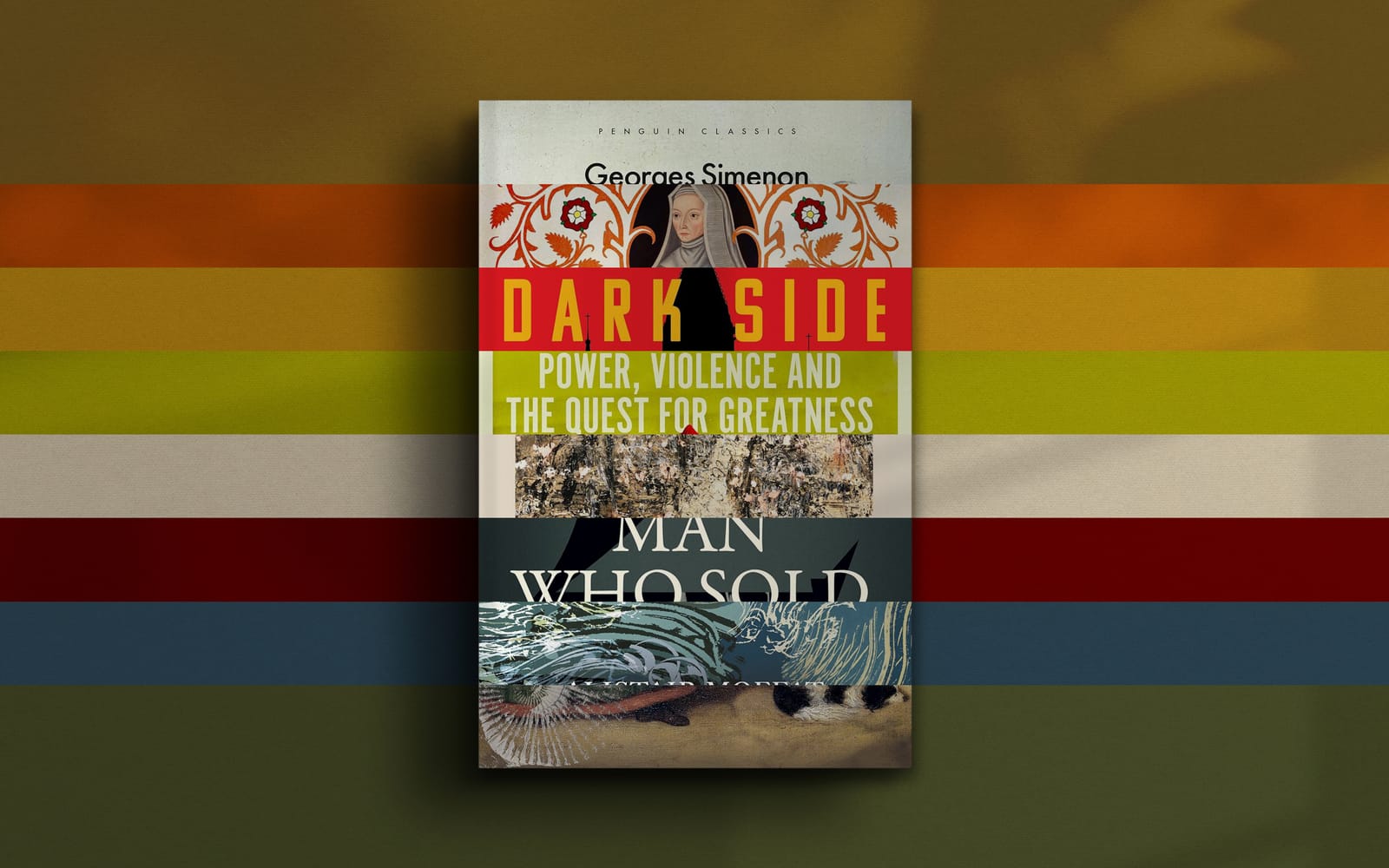New History Books for April 2024
From King John to the Red Devils, Hollywood to Captain Cook


Here is a selection of anticipated new history books that will be released over the month ahead.

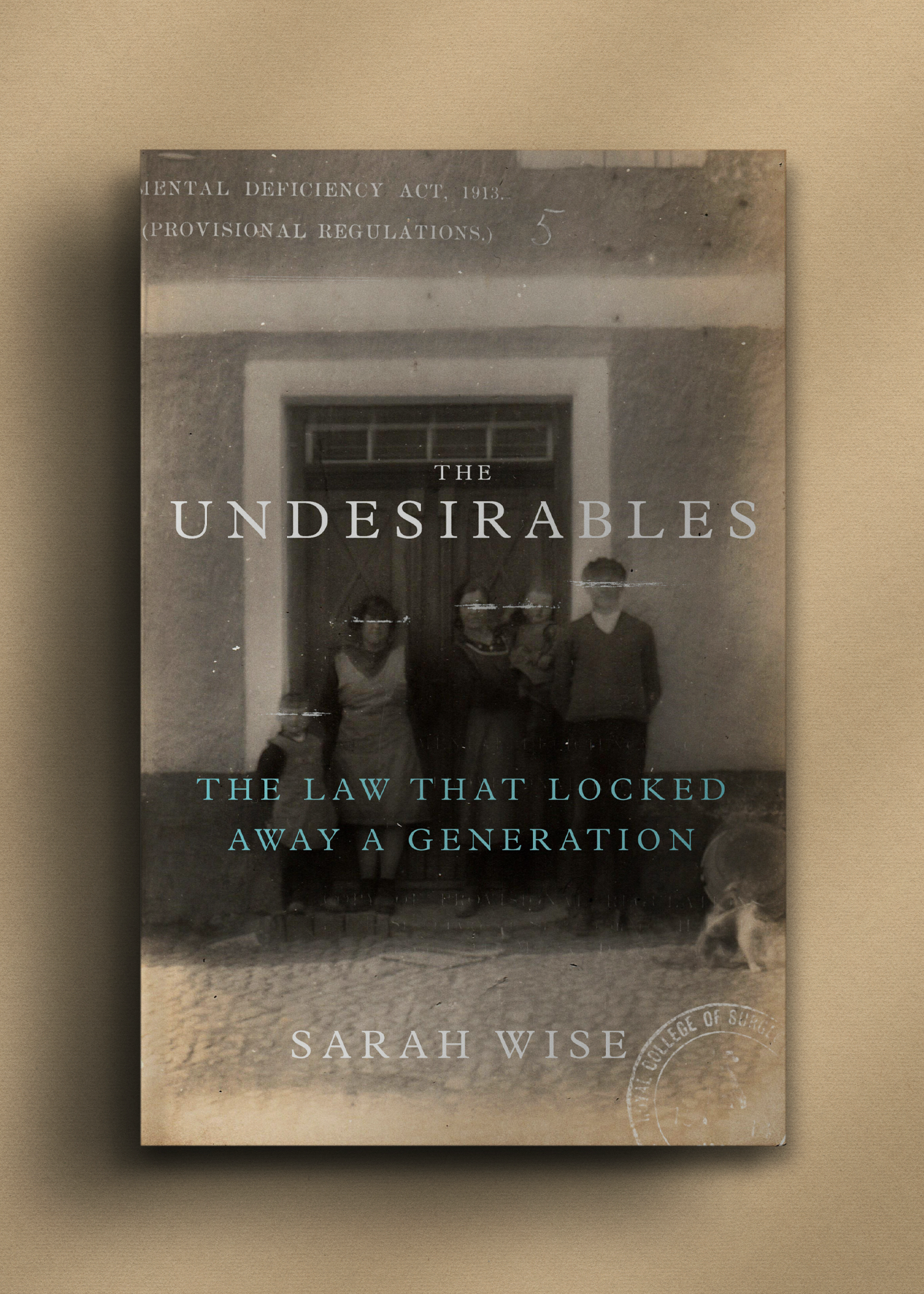
The Undesirables: The Law that Locked Away a Generation by Sarah Wise
Oneworld, 4 April, 2024
The historian Sarah Wise has made a name for herself with a series of superbly researched, incisive books that examine the life of those on the margins of British society. Much of her work so far – The Italian Boy, The Blackest Streets – has been rooted in the Victorian Age but in The Undesirables she focuses instead on the first half of the twentieth century.
Wise’s subjects are a disparate group of individuals who were victims of British social policy. These people were deemed ‘defective’ under the terms of the 1913 Mental Deficiency Act and they were detained indefinitely as a result. In The Undesirables, Wise teases out specific stories. Among those prosecuted were wayward teenagers, epileptics, unmarried women with children, ‘and many who were simply ‘different’’.


Broken Archangel: The Tempestuous Lives of Roger Casement by Roland Philipps
Bodley Head, 4 April, 2024
Set in the same years as The Undesirables, Roland Philipps’ Broken Archangel shares similar themes. It focuses more narrowly, though, on a compelling, restless figure named Roger Casement. In the early years of the twentieth century, he became an international celebrity for his exposure of violence in the Belgian Congo through ‘The Casement Report’. His reputation soared even higher shortly afterwards when he revealed to a European audience the abuses suffered by the Indigenous peoples of South America.
Philipps, a veteran editor turned writer, tells these stories in Broken Archangel. He also seeks to understand Casement’s complex personal and political life. Today Casement is most often remembered as an Irish nationalist who was executed in 1916. But as Philipps shows in this gripping narrative, Casement was so much more than just that.


Not Your China Doll: The Wild and Shimmering Life of Anna May Wong by Katie Gee Salisbury
Faber, 4 April, 2024
In 1928, when plans were being laid for the very first Academy Awards, one of Hollywood’s rising turned her back on the booming silver screen industry. Anna May Wong might not be one of the most familiar names today, but when she abandoned Hollywood in the late-1920s she was regarded as an actor of supreme beauty, wit and style.
In Not Your China Doll, Katie Gee Salisbury tells Wong’s provoking story anew. Wong, Salisbury explains, was the first Asian American movie star. Hers was a sudden rise to stardom, but Wong soon grew tired of an industry that saw her in restrictive, stereotypical terms. Between the wars, Wong travelled to Berlin, Paris and London, before returning to Los Angeles. Set in a glittering age, Wong’s was a pioneer with a distinctly political edge.
Anna May Wong's Performance of a Lifetime
Katie Gee Salisbury takes us to London in 1928, as Anna May Wong prepared to give the performance of her life

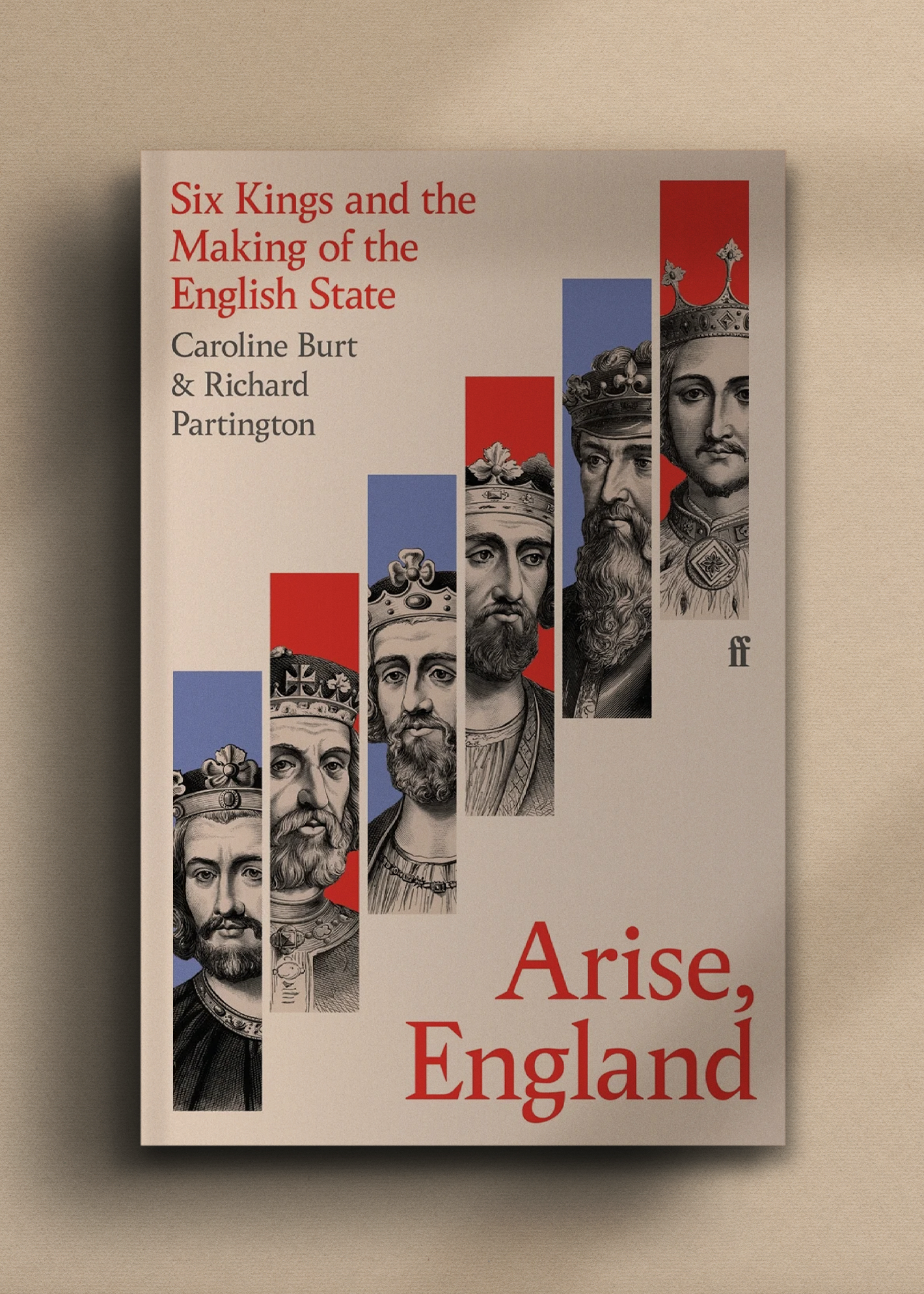
Arise, England: Six Kings and the Making of the English State by Caroline Burt and Richard Partington
Faber, 4 April, 2024
Two centuries, six kings and one nation in the process of emergence. That, put starkly, is the idea that lies behind Arise, England, a very handsomely published, analytical account of a crucial time in England’s past. Magna Carta of 1215 provides a clear entry point into this period of history and the decades that follow are coloured by the vivid characters of a succession of Plantagenets – from ‘bad’ King John through to Richard II. The scholarship in this book is exemplary. Written by two Cambridge dons, it engages with the latest research, which is carefully evaluated.
While this will attract some readers, as many more will be tempted by the dramatic nature of the subject matter. Positioned between the Battle of Hastings and the Wars of the Roses, this was a time of equally high drama. As we are reminded, the two centuries covered in the book include, ‘civil war, deposition, the murder of kings and the ruthless execution of rebel lords … as well as international warfare, devastating national pandemic, economic crisis and the first major peasant uprising in English history.’
England Arising (1199 - 1399) with Caroline Burt & Richard Partington
The medieval historians Caroline Burt and Richard Partington tell us about a decisive two centuries in the English national story

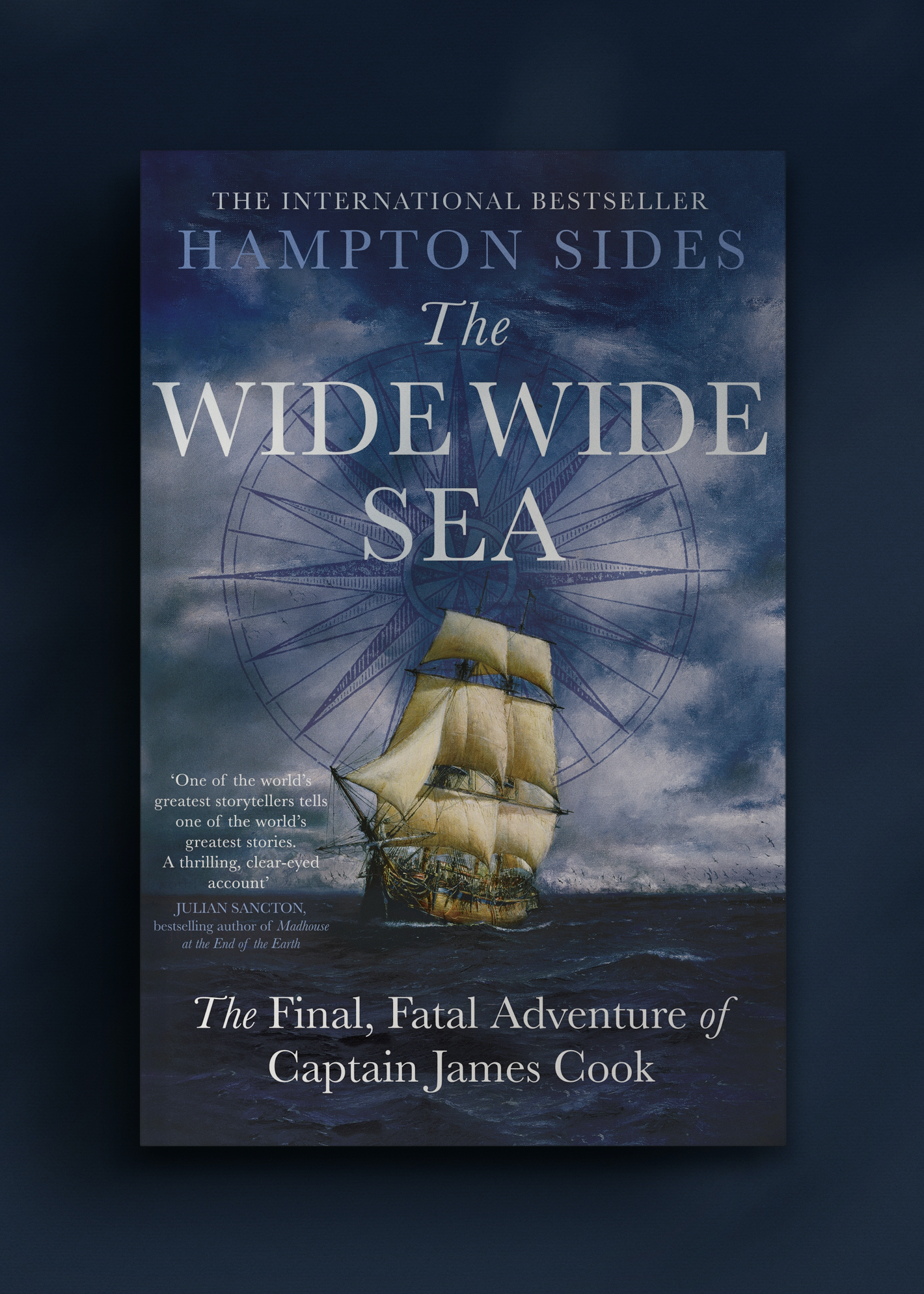
The Wide Wide Sea: The Final Fatal Adventure of Captain James Cook by Hampton Sides
Michael Joseph, 11 April, 2024
In The Wide Wide Sea, the narrative historian Hampton Sides re-examines one of the best-known voyages in the history of British exploration. Captain Cook’s third voyage to the South Seas (or Pacific Ocean) was the one in which things went wrong. Encounters with the Indigenous peoples were strained. Problems beset his ship. Cook himself seemed bad-temperedB.C. and out of sorts. In the end, Cook died in a melee at Kealakekua Bay, Hawaii, on Valentine’s Day in 1779.
There is plenty of dramatic material here, and much of it remains very divisive and uncertain in our times. Sides tells the story of the voyage and he looks closely at Cook’s behaviour. Something was off about him, it was clear, but what was it? ‘What brought Cook to those final moments’, Sides wonders.

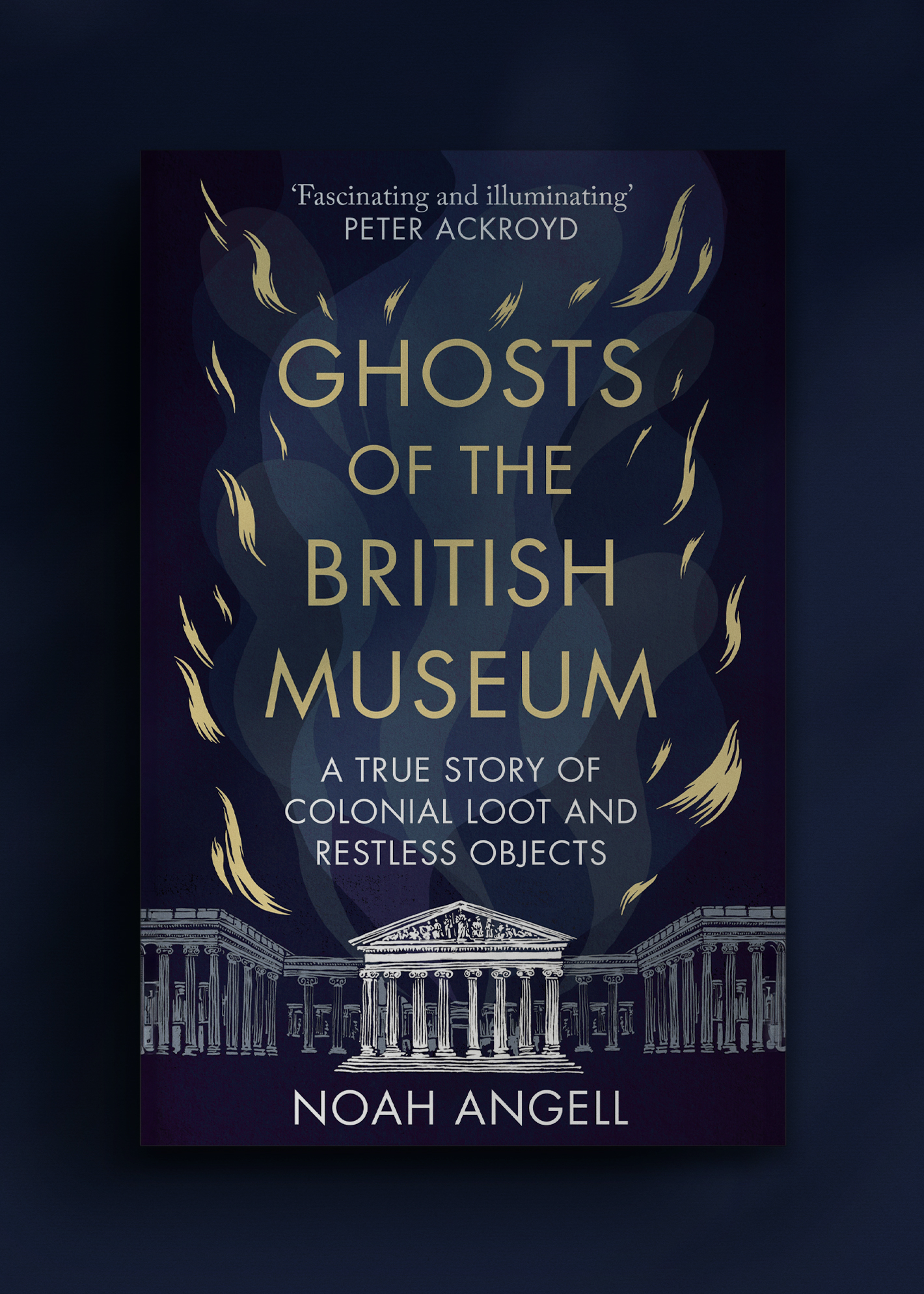
Ghosts of the British Museum: A True Story of Colonial Loot and Restless Objects by Noah Angell
Monoray, 11 April, 2024
Almost a decade ago the artist and writer Noah Angell got wind of the fact that the British Museum was haunted. The rumour intrigued him and so began, as he explains in the prologue to Ghosts of the British Museum, an intense period of investigation. Angell’s research was chiefly carried out through recorded conversations with museum staff. As the number of interviews grew, so in proportion did the number of ghostly stories.
Angell’s quest to document these is fascinating in itself. The detective story is made more textured, however, by his integration of various strands of memoir and political commentary. Angell is a native of North Carolina, ‘a land of many ghosts’, and the connections he draws between this and the tormented atmosphere inside the British Museum are intriguing.
Is the British Museum Haunted? with Noah Angell
Writer Noah Angell on the ghosts of the British Museum

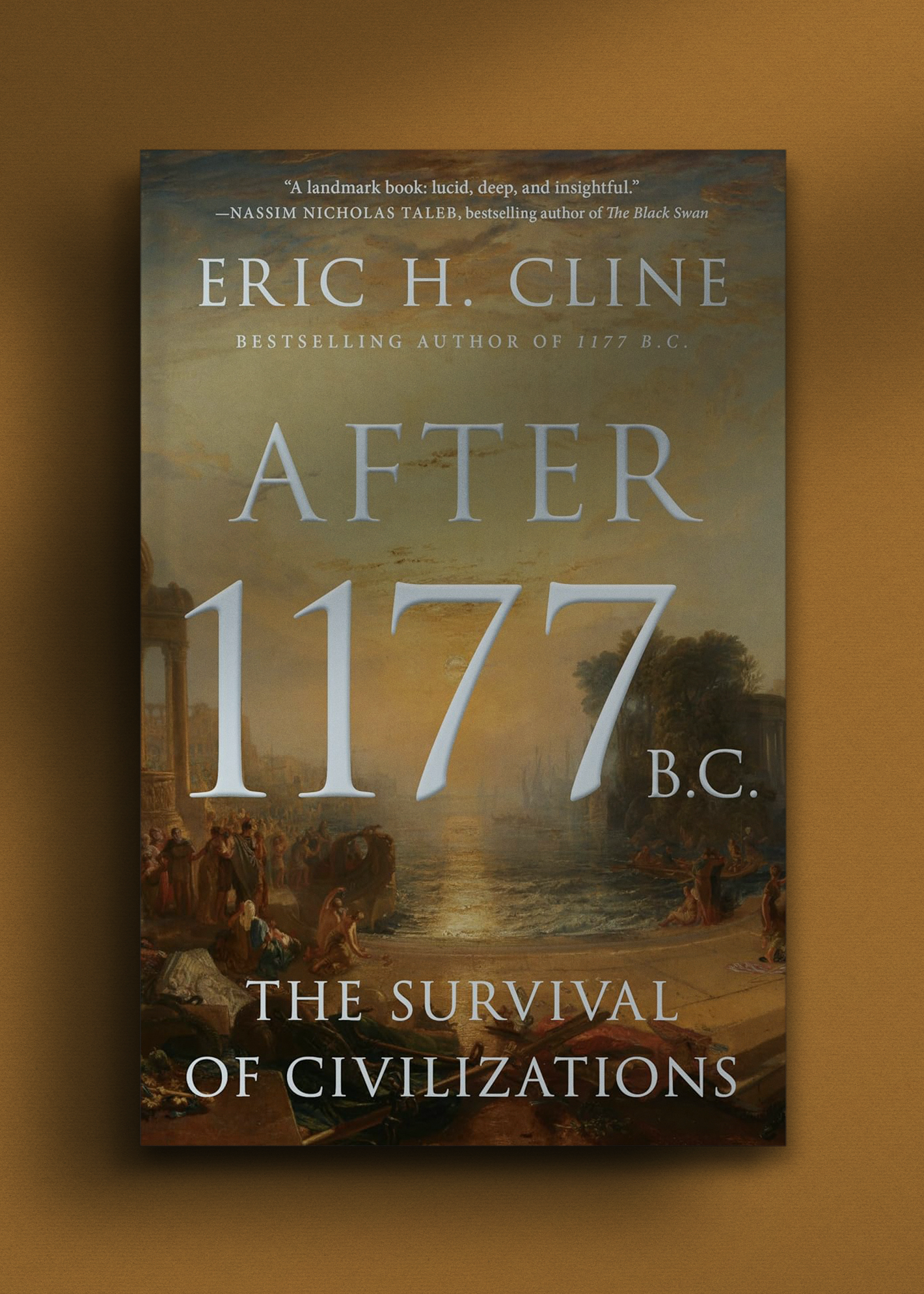
After 1177 B.C.: The Survival of Civilizations by Eric H. Cline
Princeton University Press, 16 April, 2024
1066, 1485, 1940. Dates are the backbone of history and, for Eric H. Cline, one of the most crucial of all dates is 1177 B.C. In his previous bestselling book, Cline, a professor of classics and anthropology, argued that an invasion of Egypt by a little-known group known only as ‘Sea Peoples’ in that year precipitated the end of the Bronze Age world. In the decades that followed, everything changed.
After 1177 B.C., then, takes up the story at this fascinating point. Cline’s narrative roams over the next four centuries and ends at the point where the Ancient Greeks were beginning to emerge. This little-known window of time was the age of peoples like the Philistines and Israelites and by watching them we can learn, as Cline puts it, ‘why some societies survive massive shocks while others do not.’

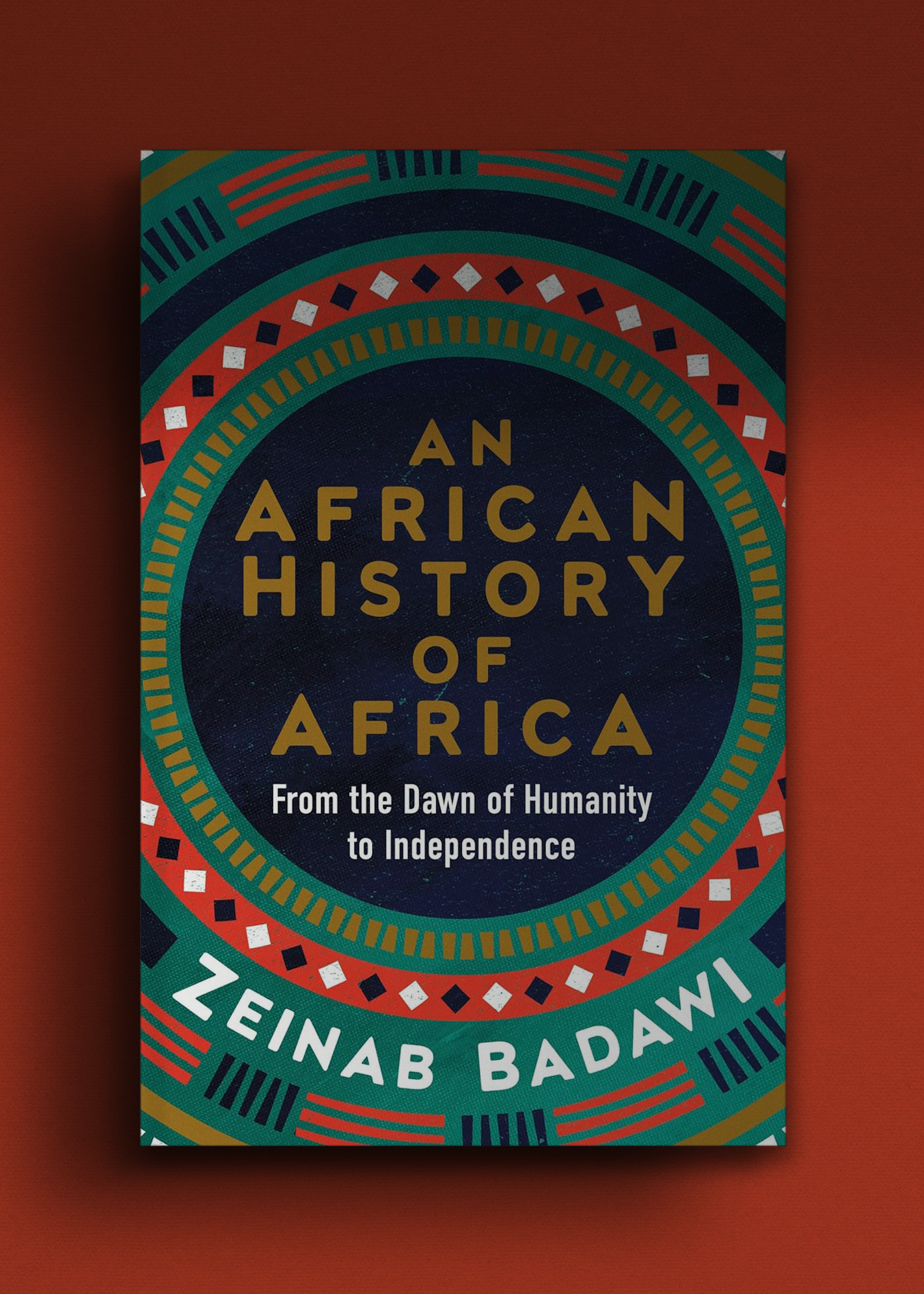
An African History of Africa: From the Dawn of Humanity to Independence by Zeinab Badawi
WH Allen, 18 April, 2024
For a continent so vast, a place known as being the cradle of humankind, African history has for many years been treated in simplistic terms. In An African History of Africa, the journalist Zeinab Badawi attempts to break free of the familiar, reductive narratives about slavery and colonialism, and to introduce readers to stories that have long been overlooked.
Badawi’s approach is a journalistic one, and it is hugely refreshing. To research her narrative she journeyed the length and breadth of Africa, visiting more than half of its countries. While the subject is vast, it is rendered into accessibility through the interviews she conducts with writers, historians, knowledge keepers and archaeologists. For those looking for an invigorating spring read, Badawi’s account, which is full of new historical vistas, might well be it.

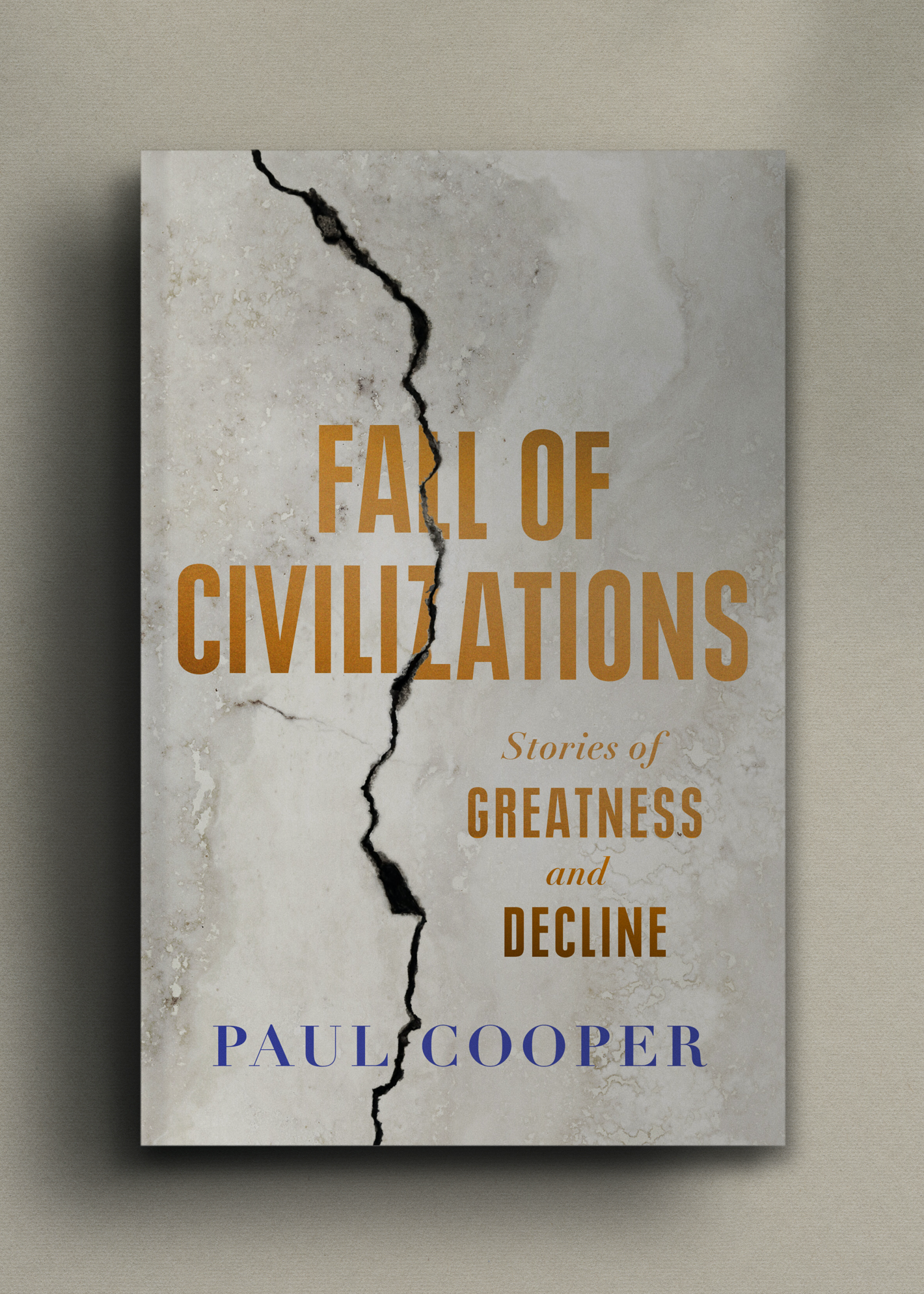
Fall of Civilizations: Stories of Greatness and Decline by Paul Cooper
Duckworth, 25 April, 2024
If Eric H. Cline’s 1179 B.C. intrigued you, then Paul Cooper’s Fall of Civilizations will mostly likely appeal as well. Rather than examining a single case, Cooper’s view is broad. He is not confined by a single historical period and his attention roves across an array of different ‘civilizations’, ranging from the Maya to the Aztecs. In each case,of the question that Cooper asks is this: ‘what might it have felt like for a person alive at the time to witness the end of their world’.
Fall of Civilizations is a podcast-to-book crossover, and with 100 million downloads already it is certain to connect with an enthusiastic readership. The book is an intriguing case study of how audio storytelling can be distilled into a more conventional narrative form.
The Late Bronze Age Collapse
Paul Cooper confronts one of the great puzzles of ancient history


Sky Warriors: British Airborne Forces in the Second World War by Saul David
William Collins, 25 April, 2024
This year brings the 80th anniversary of the D-Day landings, and ahead of the great number of military histories which are timetabled for later in the spring, comes Saul David’s Sky Warriors, a sweeping account of Britain’s airborne forces during the Second World War.
David, an academic historian who is also known for his work on the Battleground Podcast, is an authoritative and elegant guide for this subject. His story opens, as so many do, in the desperate days of June 1940 with Winston Churchill. Thereafter it follows the ‘Red Devils’ in operations such as the Bruneval Raid of February 1942 and Arnhem Bridge, right through to Operation Varsity as Nazi Germany was in a state of terminal collapse.

This month's Previews were by Peter Moore.
📸 Dive into our Features
🎤 Read Interviews
🎧 Listen to Podcasts
🖼️ Buy fine art prints & more at our Store


